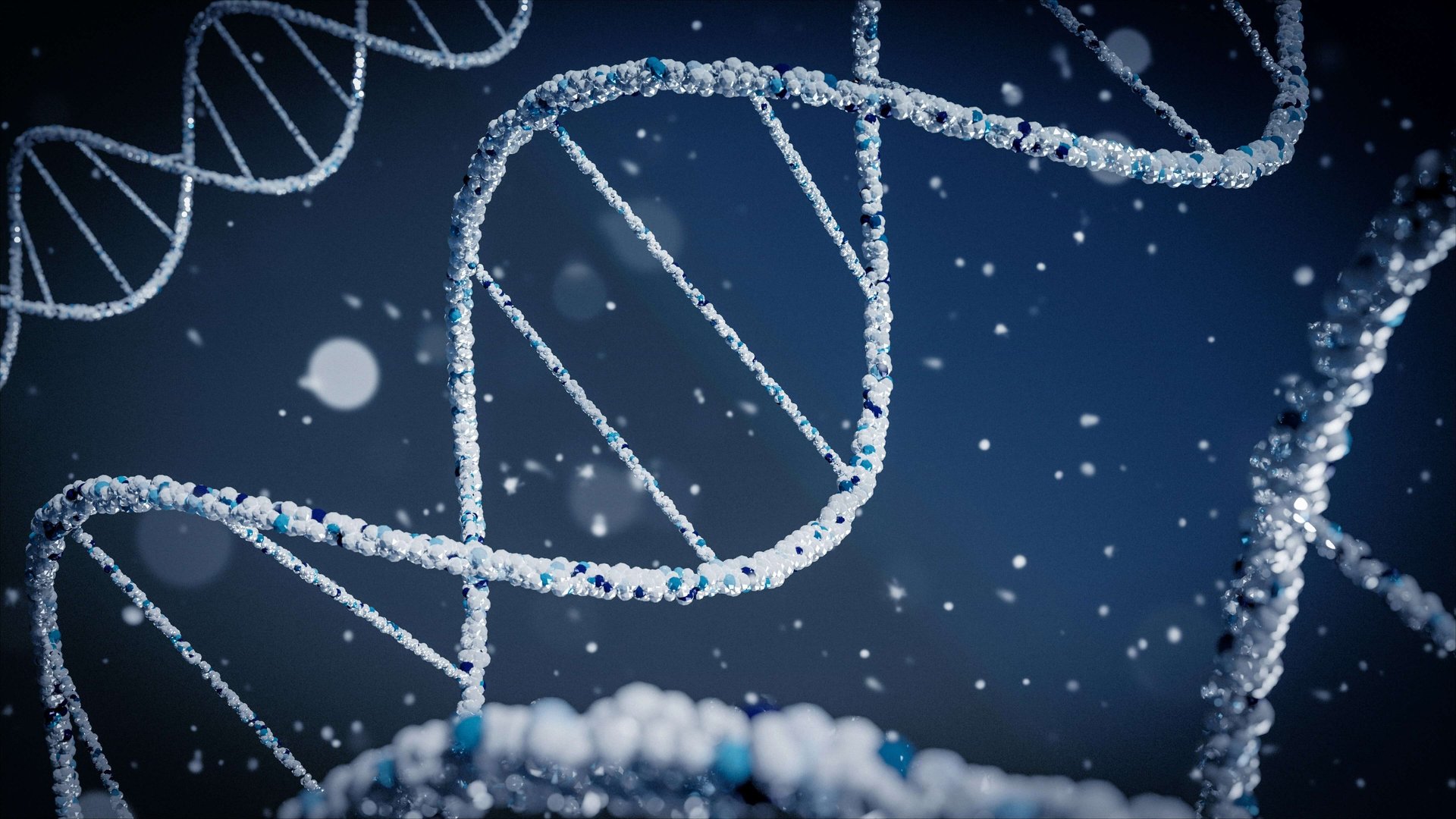Democratizing Genomic Health for Every Family

Our Commitment
All medical professionals at our center have undergone specialized training and hold government-recognized practicing certifications, backed by expertise in advanced technology and extensive clinical experience. We operate on an appointment-based system, offering full throughout the diagnostic process in private and confidential consultation rooms to ensure utmost privacy protection. Our goal is to provide compassionate, trustworthy, and high-quality medical services that prioritize patient care.
Frequently asked questions
Who should consider hereditary cancer screening?
Individuals with:
A family history of cancer (especially breast, ovarian, or colorectal cancers).
Early-onset cancer diagnosis (before age 50).
Multiple primary cancers or rare tumor types.
Concerns about hereditary cancer risks (e.g., BRCA, Lynch syndrome).
What is the difference between tissue-based and blood-based cancer genomic tests?
Tissue-based tests: Analyze DNA/RNA from tumor biopsies; ideal for detecting somatic mutations and fusion genes.
Blood-based tests (ctDNA): Detect circulating tumor DNA in blood; used when tissue is unavailable or for monitoring MRD.
Note: Tissue tests generally offer higher accuracy for primary diagnosis, while blood tests enable non-invasive monitoring..
How accurate are your genetic tests?
Our tests achieve 99.9% sequencing accuracy through:
Next-generation sequencing (NGS) with ultra-deep coverage (≥10,000x for ctDNA).
Validation using CLIA/CAP-certified protocols and big data analytics.
Can your tests guide immunotherapy decisions?
Yes. Our panels assess biomarkers critical for immunotherapy eligibility:
Microsatellite instability (MSI)
Tumor mutational burden (TMB)
PD-L1 expression (included in tissue-based 580-gene panel).
Results align with FDA/NCCN guidelines for checkpoint inhibitor therapies.
Do you provide hereditary cancer risk assessment?
Yes. Our comprehensive panels (e.g., 580-gene) include germline mutation analysis for hereditary syndromes:
BRCA1/2 (breast/ovarian cancer)
Lynch syndrome (MLH1, MSH2, MSH6, PMS2)
APC (colorectal cancer).
Genetic counselors provide actionable recommendations based on results.
How is minimal residual disease (MRD) monitored?
Our MRD detection uses ctDNA analysis to:
Identify residual cancer cells post-surgery/chemotherapy.
Predict recurrence risk earlier than imaging scans.
Requires baseline tumor tissue for personalized mutation tracking.

Eyear Genomics provided exceptional insights into my genetic health. Highly recommend their precision cancer screening services!
Sarah Lee

The genetic diagnostics from Eyear Genomics transformed my understanding of my health. Truly a game changer!
John Doe

